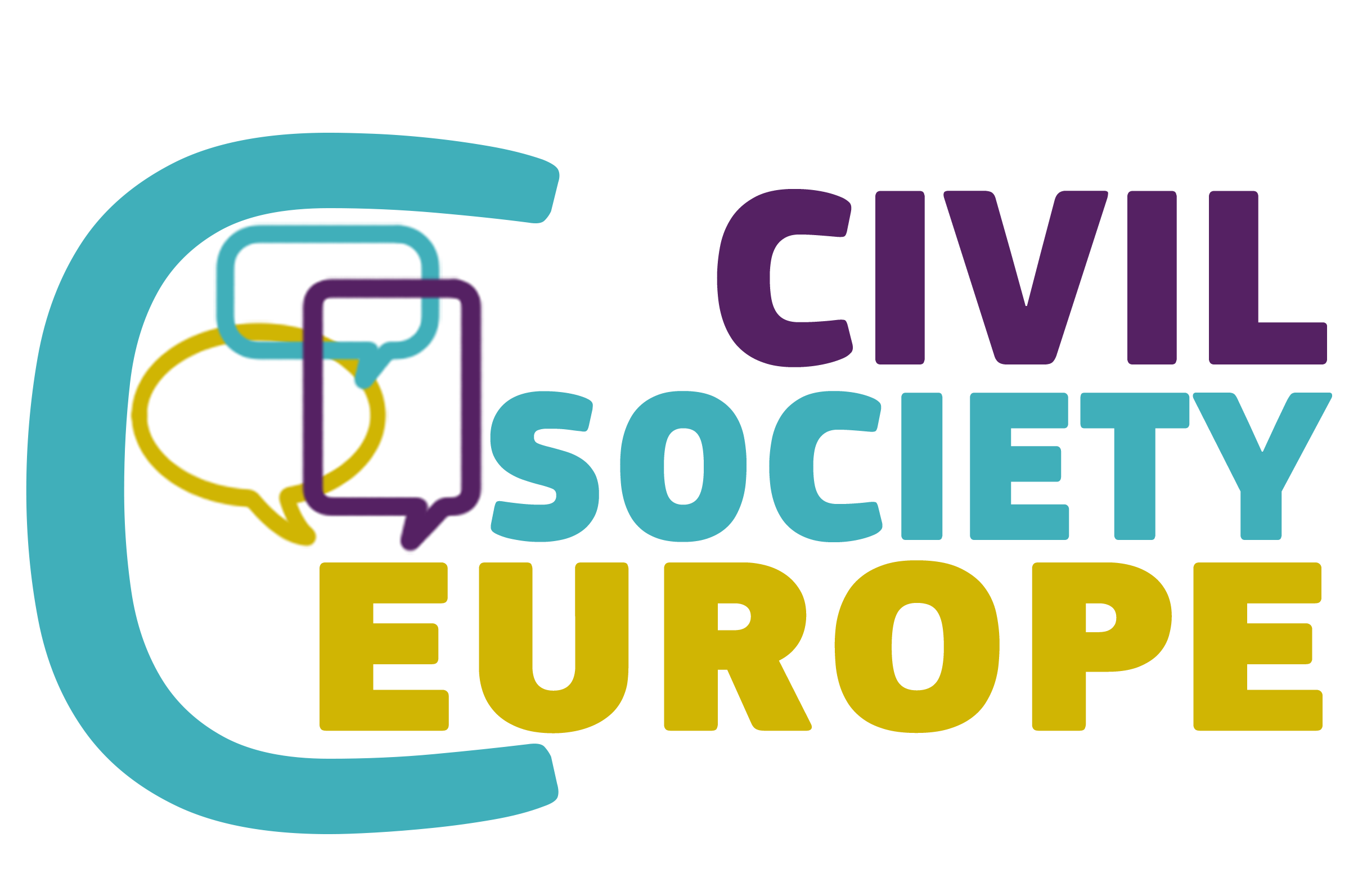The European Court of Auditors (ECA) report on the transparency of EU funding to NGOs confirms what civil society has stated all along: there is no evidence of irregularities or misuse in how NGOs are selected or how EU grants are used. This directly undermines politically motivated claims for certain political groups that NGOs are improperly influencing EU policymaking through public funding. The facts simply don’t support that narrative.
The report also affirms that European Union funding may legitimately support public interest advocacy as part of transparent and ongoing dialogue with civil society organisations. There is no finding of “undue lobbying activities” or any suggestion that the Commission pays NGOs to lobby the European Parliament. This is yet another blow to those working hard to manufacture a scandal where none exists.
Transparency must apply across the board. The fact that the ECA’s report focuses on auditing the transparency of NGO funding alone – rather than the full spectrum of EU beneficiaries – speaks to the politicised climate in which this report emerged.
At the same time, the report rightly identifies areas where the EU’s Financial Transparency System (FTS) – the public database covering all EU funding managed by the European Commission – must improve. The system currently fails to offer a clear, consistent, and user-friendly overview of how EU funds are distributed – not only to NGOs but to all recipients, including businesses, consultancies, universities, and public bodies.
While the user interface of the FTS is poor, the dataset that underpins it is of high quality, complete and comparable, yet not easily accessible to the general public. Beyond more timely updates, the Commission could integrate the FTS with other databases, such as the EU funding & tenders portal – curiously left out of the scope of the ECA report – to unlock the full potential of all available data on EU grants.
We welcome the ECA’s recommendations for the Commission to deliver user-friendly data on all funding beneficiaries – including those with commercial interests – and to establish clear guidelines for what constitutes ‘NGOs’ that exclude entities representing for-profit interests. Transparency is not only about the volume of data but also about clarity and trust in how categories are defined and applied.
This matters. Civil society organisations are often the only actors working on the frontlines of poverty, climate resilience, public health, education, anti-corruption, and democracy. In many EU countries, they operate under increasing pressure due to shrinking civic space and challenges to the rule of law. If the European Commission is serious about protecting, promoting, and supporting civil society, it must ensure that transparency frameworks reflect the scale and significance of their contribution.
Public trust depends on knowing who receives funding, for what purpose, and under what conditions – and that applies to all recipients, not just NGOs. True transparency strengthens accountability and defends the integrity of EU policymaking.
“The bottom line is that there is no scandal. Only a clear need to strengthen transparency. We need smarter, more consistent rules and high-quality data on all EU funding beneficiaries, along with proper guidelines on what constitutes an NGO. This will help distinguish genuine civil society actors from those representing for-profit interests. Above all, it’s time to reaffirm the vital role of civil society in defending and deepening European democracy,” said Patrizia Heidegger, Deputy Secretary General of the European Environmental Bureau.
‘’Civil society organisations have the right to advocate for improved policies and fundamental rights. Unfounded questioning of civil society is part of a strategy to weaken democracy. If the Commission wishes to present a strategy to protect, promote and support civil society, it must adequately address this. By leaving these issues unaddressed, we risk the undermining of EU values, namely the rule of law and democracy”, said Carlotta Besozzi, Director of Civil Society Europe.
“The limited scope of this audit report does not give an accurate picture of NGO transparency. Instead, it highlights the Commission’s disjointed approach to publishing data across different mediums with differing levels of detail. The report clearly demonstrates the need for a centralised and comprehensive platform for the transparency of the EU’s final beneficiaries – for NGOs and commercial actors alike”, said Nick Aiossa, Director of Transparency International EU.


